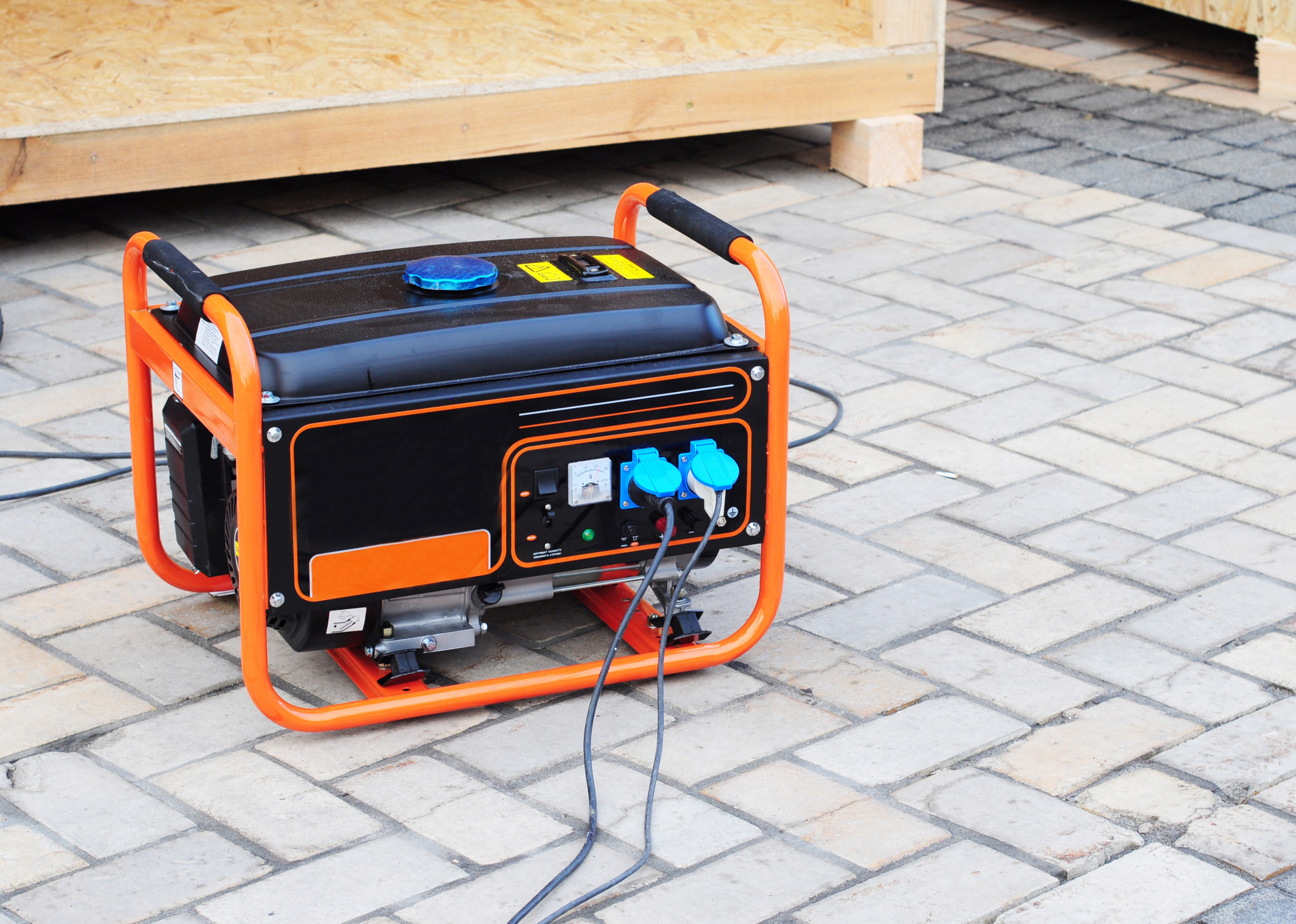Did you know the average home in the US goes without power for four hours each year?
Realistically, homes in certain areas have been known to go without power for days or even weeks when bad weather strikes.
Could you imagine being without power for that long? The thought alone is probably enough to overwhelm you.
Thankfully, generators exist and can help restore power when you’re in need. Continue reading to learn about the different types of generators to see which one will work best for your home!
1. Inverter Generator
These generators can be small and portable, or larger and stay in one spot to power your home.
Other generators produce electricity in one phase, or step, while this type does it in three. This makes it produce energy that remains stable while it’s being used. Because of this, you can use it to power devices like your phone and laptop without worrying about power surges.
This generator is also one of the quietest.
2. Standby Generator
A standby generator is often one of the more expensive options because it becomes a semi-permanent feature of your home. Because of this, it’s not portable.
These units have giant fuel tanks and commercial-grade engines. These features make it possible for it to power your entire home in the event of an emergency.
3. Gasoline Generator
Gasoline generators encompass a wide range of different types of generators with the common feature of running on gas for fuel.
They’re often less expensive than other options to purchase outright, but providing them with the fuel they need to run can add up quickly.
However, these generators also have some of the most straightforward controls, so they’re a good option for people without much knowledge about how to run them.
4. Diesel Generator
Again, the difference between this generator and others is how the generator power gets created. A diesel generator runs on diesel fuel, making it more efficient than a gas generator.
You can expect this type of generator to last longer than a gasoline one and provide you with fewer expenses overall as you need to add fuel.
5. Natural Gas Generator
These units run on natural gas, creating fewer emissions than gas or diesel generators.
The initial cost of installing these units is on the higher side, but like a standby generator, you can expect it to power your entire home with ease.
The bottom line is any generator you purchase that can power your entire home will likely need to be installed by a professional to ensure your safety.
Consider These Types of Generators to Power Your Home
This article covers the basic types of generators you can expect to see when shopping around. Overall, narrowing down if you want to power your entire home or only key components will help narrow down your decision.
No matter what, having some type of generator as a backup will give you peace of mind and comfort if you lose power.
If you found the information in this article helpful and would like to read more like it, please check out our site for more!

